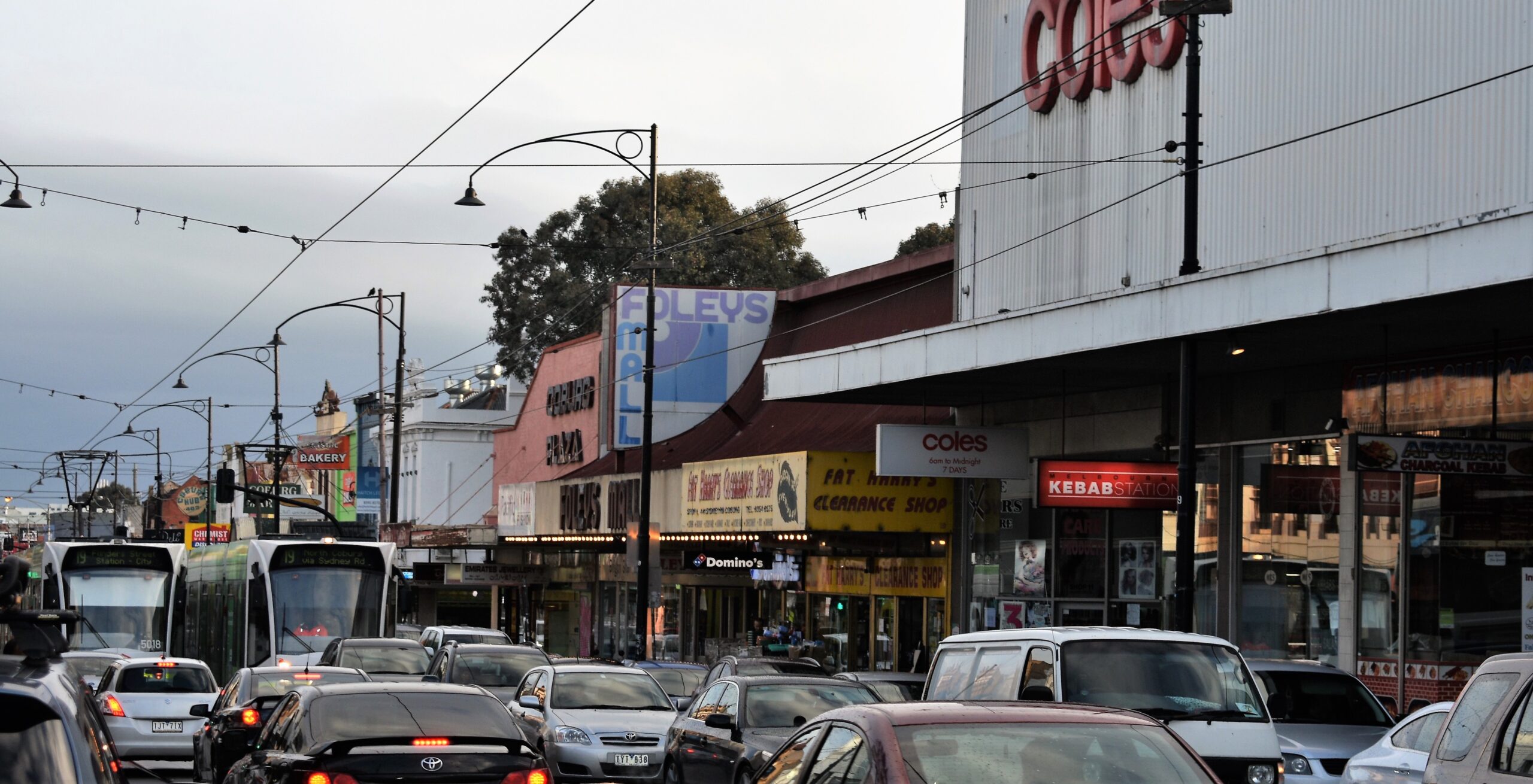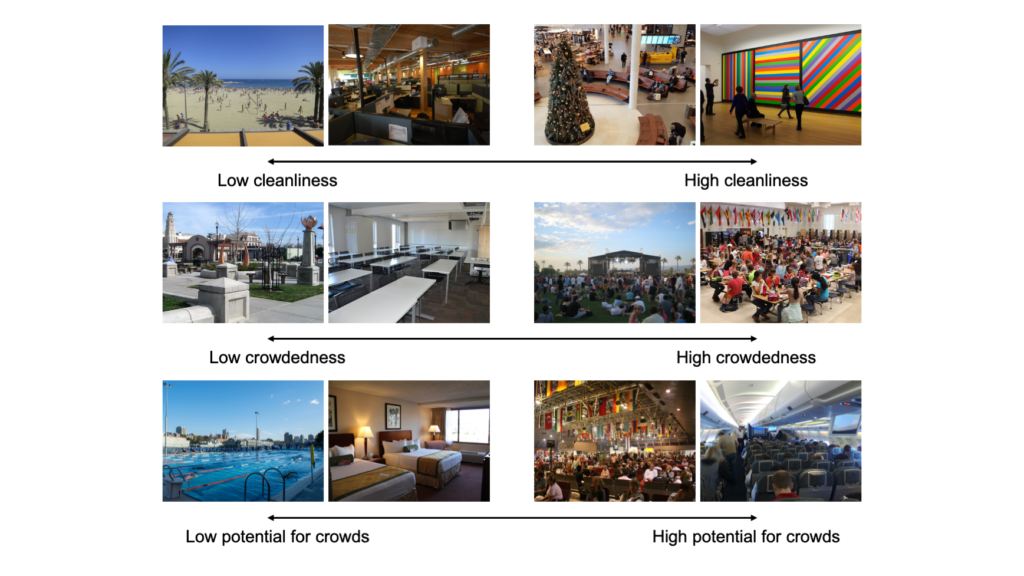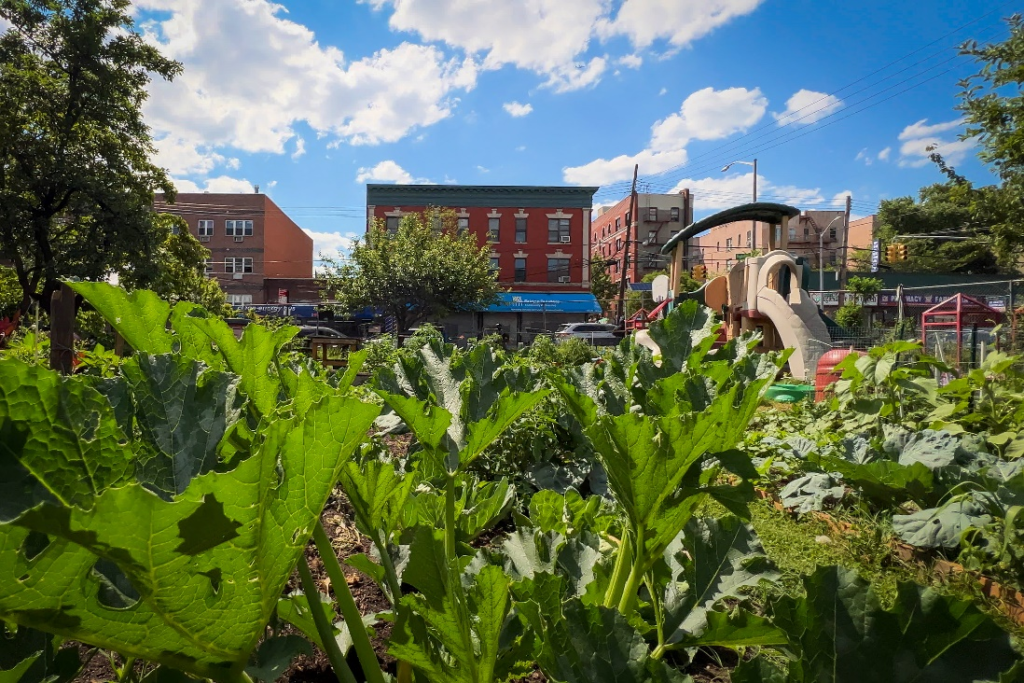City Know-hows

Urban planners, economists, health and community policymakers and practitioners share insights in a new study on creating healthy food environments using urban planning policy and governance levers.
Share
Target audience
Take note: Planning Institute of Australia, Heart Foundation of Australia, Prevention Health Victoria. Public health and planning professions worldwide.
The problem
Urban planning policy has the potential to benefit food access through improving access to healthy food outlets and limiting access to unhealthy outlets; however,
What we did and why
This study aimed to understand stakeholder perspectives on urban planning policies and other factors that influence food access through the development of local food environments, and to identify governance opportunities to advance healthy equitable local food access and food environments.
Our study’s contribution
Regulation, urban planning policy, finance, coordination and partnerships are key governance actions and processes for the creation of healthy food environments; with political leadership as a driver for action and distributed leadership as essential for implementation.
Regulation, urban planning policy, finance, coordination and partnerships are key governance actions and processes for the creation of healthy food environments:
Land use, housing density, urban design and transport policies were used in tandem by local government to support the development of healthy equitable local food environments.
Impacts for city policy and practice
Local fine-grained data of food outlet access and associations with health outcomes is an important driver of political leadership at the local level, engages civil society as advocates for change and identifies geographic areas of inequity.
A multi-pronged approach to partnerships is essential, harnessing opportunities to bring healthy food access to both time-limited and ongoing coordinating platforms, as a standalone priority or as part of a broader focus on healthy built environments or liveable communities.
Further information
Healthy Active by Design (www.healthyactivebydesign.com.au)
Full research article:
Local food environments: stakeholder perspectives on urban planning and governance to advance health and equity within cities by Maureen Murphy, Helen Jordan, Hannah Badland and Billie Giles-Corti
Related posts

How do people conceptualize pathogen transmission risk in cities using visible cues?

Health impact assessments are a key tool to bridge the worlds of planning and health, but there’s a risk they become a ‘tick box’ exercise with little real-world benefit. Learning from recent practice in English local authorities can help maximise their effectiveness in producing healthier developments.

Looking at city water features as therapeutic blue urban spaces. Based on the architectural redesign of a water fountain in Valetta Malta. We studied its restoration and conservation to understand its potential influence as a therapeutic blue urban space in the public realm.